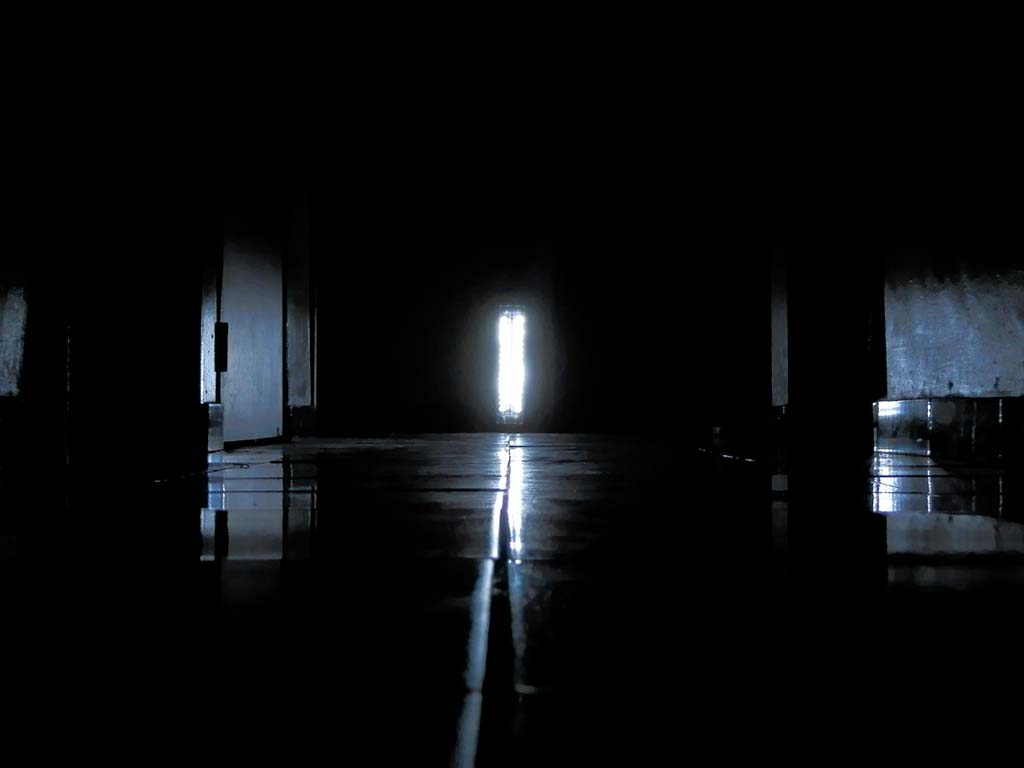When the lights went out on 7 March many Venezuelans would hardly have been surprised. Electricity rationing has become routine over the past decade, especially in the early months of the year when reservoir levels are low (because of overdependence on hydropower), and large-scale power failures are commonplace despite the country’s vast energy resources. However, this blackout quickly proved to be different to most, affecting all 23 states and lasting for longer than any other (more than five days in most of the country), aggravating a humanitarian situation that was already dire. At least 26 people perished in hospitals, where dialysis machines and ventilators for premature babies failed. People rushed to leaking drainage pipes to collect water as water pumps failed, and looted hundreds of stores as food rotted without refrigeration, including more than 4.4 million pounds of meat in the first two days alone. Public transport and communication systems collapsed, closing most schools and businesses. Early estimates place economic losses above US$875 million.
“A lack of transmission-line maintenance may have been the immediate trigger for the power outage, but it is a symptom of almost two decades of government mismanagement that has debilitated Venezuela’s power sector”.
Venezuelan energy experts were quick to dismiss the explanation of the disputed President, Nicolás Maduro: that the US perpetrated a cyberattack on the Guri hydroelectric complex, which supplies 80% of the country’s electricity. They say that the plant’s operating systems are not connected to the Internet and physical entry would be almost impossible. It now seems clear that wildfires overheated one of the main transmission lines that carry power west from the Guri Dam to most of Venezuela’s population, causing the others to become overloaded and crash. According to two engineers, routine brush clearing beneath power lines ceased three years ago.
A lack of transmission-line maintenance may have been the immediate trigger for the power outage, but it is a symptom of almost two decades of government mismanagement that has debilitated Venezuela’s power sector, draining its reserves of both human and financial capital and nudging it towards collapse. With wages that scarcely cover their daily bus ride to work, almost half of Corpoelec’s skilled employees have left the country, according to the Executive Secretary of Venezuela’s electricity industry union.
Electricity rates have been frozen since 2002 in an economy facing hyperinflation, and consumers pay only 20% of the real costs of producing power, delivering Venezuelans the lowest electricity prices in Latin America. This has encouraged waste (Venezuela has the highest per capita electricity consumption in the region) and wiped out revenue, initiating a vicious cycle of underinvestment and financial deterioration. Corpoelec, the overburdened state power monopoly created when all private power companies were nationalised in 2007, recovered just 30% of its operating costs in 2010.
The failure to invest in grid maintenance and payment collection has led to further revenue declines as transmission and distribution losses (mostly caused by theft) soared to 35% in 2014 –over twice the Latin American average and almost six times the OECD average–.
Caracas sought to diversify away from hydropower and increase generation from other sources after a major drought in 2010 led to rolling blackouts and a nationwide restriction of work schedules to save power, but that effort has also largely failed. The country lacks an adequate pipeline network needed to bring natural gas to power plants, forcing it to overuse diesel in thermal power plants (which can run oil or natural gas), which damaged them. As a result, many of the country’s thermal plants are shut down due to lack of maintenance. According to an internal Electricity Ministry report, power generation was operating at around one third of capacity in October 2018. US sanctions affecting fuel imports since January have further restricted Venezuela’s access to diesel imports.
“Stopping future blackouts will require a short-term fix but also a restructuring of the power sector”.
Meanwhile, part of Corpoelec’s remaining funds have been siphoned out by networks of corruption. Examples abound. In an expedited process to construct thermal power plants in 2010, PDVSA and Corpoelec paid millions of dollars in no-bid contracts to political connections, according to The Wall Street Journal. Another report concluded that up to 50% of expenditure on thermal, hydroelectric and wind projects in 2003-13 was in excess of the costs of equivalent projects elsewhere. The Tocoma Dam, whose cost was quoted at around US$3 billion in 2005, has already devoured more than US$10 billion and produced no electricity. Its construction has been stalled since 2015.
Given the profound problems facing Venezuela’s power sector, such blackouts will inevitably continue. Indeed, on 25 March much of the country was dark once again and on 31 March Maduro announced 30 days of electricity rationing. Stopping future blackouts will require a short-term fix but also a restructuring of the power sector. This process will have to begin with a thorough assessment of the state of Venezuela’s power infrastructure, as statistics about the national power system have not been published for eight years. In the short run, to guarantee reliable electricity access Venezuela will need to import fuel to supplement hydropower, for example in the form of a floating storage and regasification unit to provide natural gas for generation, as well as power generators. In the long run, the country should return to the pre-Chavista model in which generation and distribution were privately managed, largely by regional companies. An independent national electricity system operator alongside an electricity regulatory body should coordinate and oversee private generators, creating a decentralised, diversified and efficient power industry with adequate capital for investment. Finally, while poor consumers’ ability to pay must be considered, Venezuela’s excessive fuel and electricity subsidies create an unsustainable strain on public finances and perverse incentives for high consumption and thus cannot continue in the long run.
“However, further rationing regimes, like that declared by Maduro on 31 March, will only aggravate the country’s astonishing economic contraction (…)”.
Protesters in Caracas and around the country are rightfully demanding the restoration of their most basic services: clean water, food, transport and light; and the destruction of Venezuela’s electricity system has brought economic activity to a virtual standstill at times, halting everything from steel and oil production to small family businesses. Non-governmental organisations on the ground continue working to alleviate the suffering brought on by Venezuela’s collapse. However, further rationing regimes, like that declared by Maduro on 31 March, will only aggravate the country’s astonishing economic contraction when they are not accompanied by a recognition of the systematic lack of available capacity and a proposal to resolve this problem.



